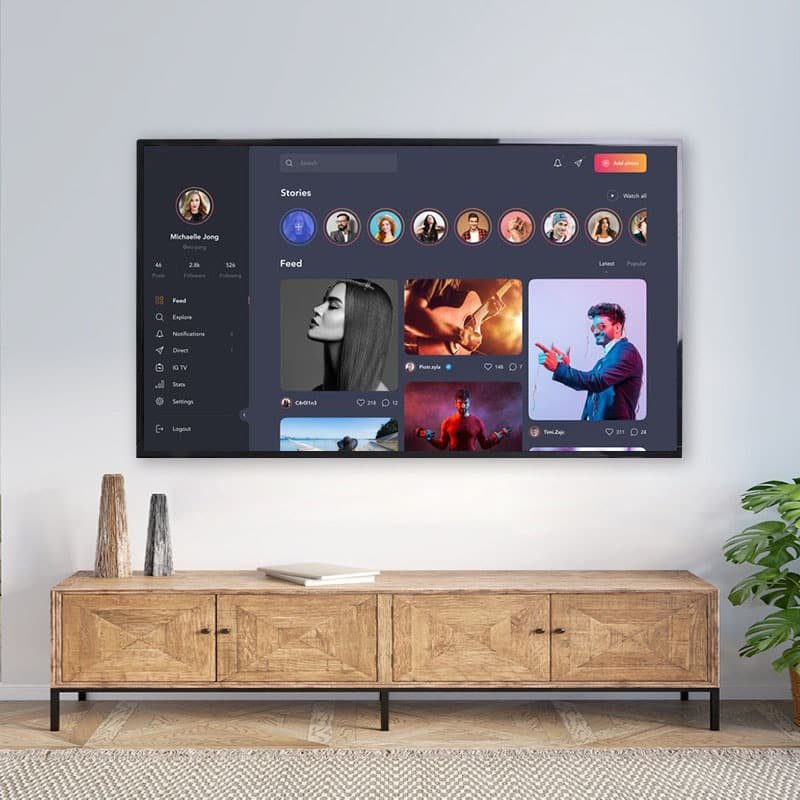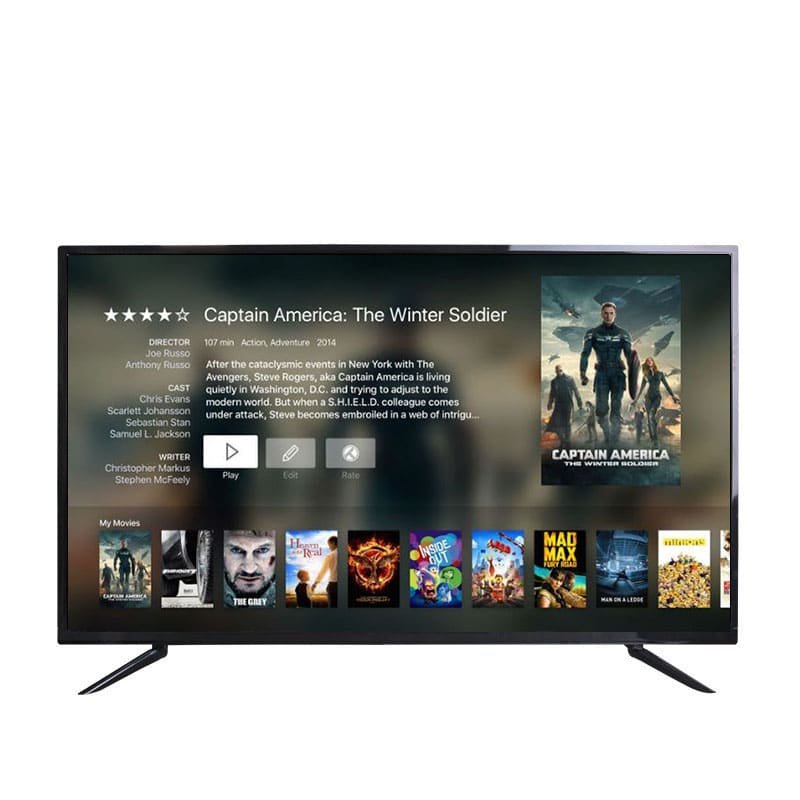
Smart TV is a TV integrated with an Internet function or set-top box function, which can provide more powerful computing power and more abundant resources than traditional TV.

Because smart TV is equivalent to a computer built into a traditional TV, it can install and run more and more powerful applications under the specified operating system platform. Smart TV runs complete operating system software, providing a platform for application developers.
Smart TV or intermediate devices have corresponding public software development kits and/or native development kits for third-party application developers to develop corresponding third-party applications.
Users can install or uninstall apps through the App Store. The public software development kit allows third-party application development companies and other interactive application developers to run on all compatible smart TVs or intermediate devices with only one programming, regardless of the hardware manufacturer.

